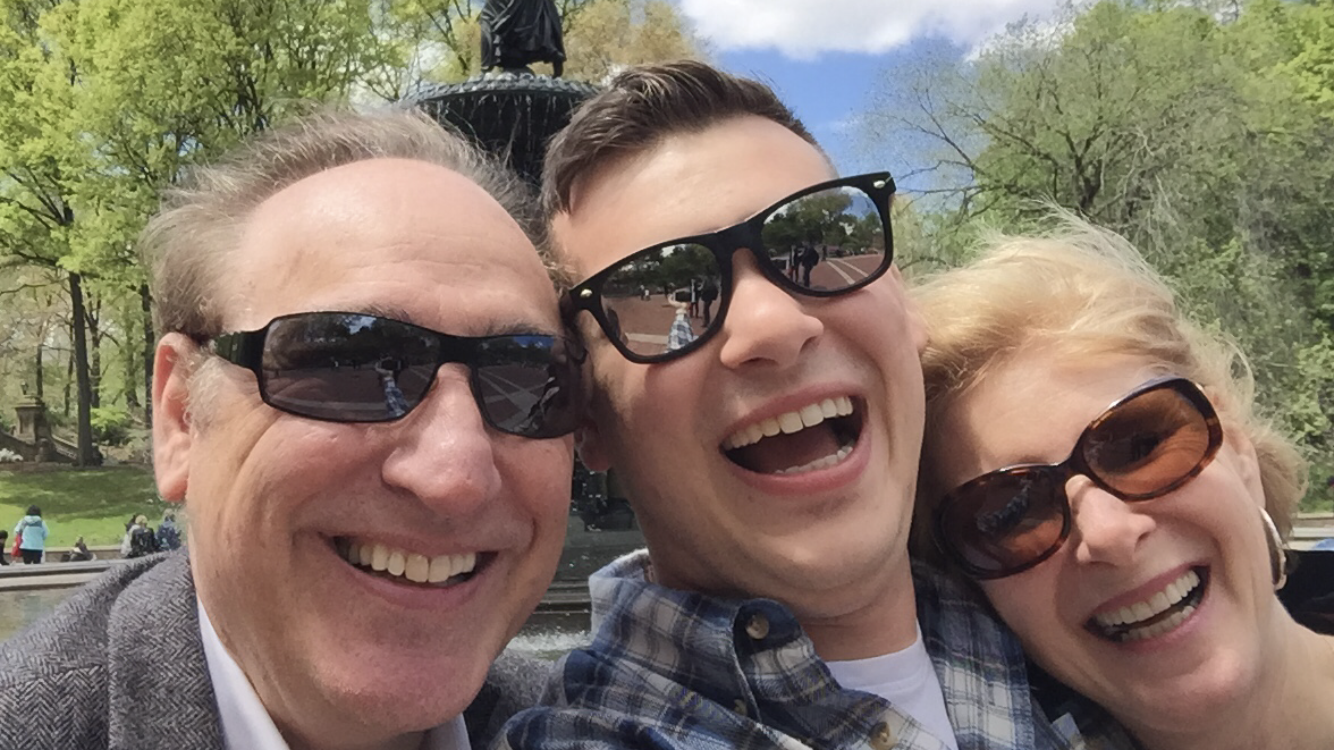Thanksgiving is coming up, and so we think about gathering with loved ones, the amazing turkey meal, and in the rush of travel and preparations, hopefully, some passing thoughts about all we have to be grateful for. I have discovered daily, hourly, moment-filled gratitude, is what fills my cup, and has literally transformed me! My gratitude practice fuels me to see the good, speak the good, and spread the good, and it can do the same for you.
A Gratitude Practice
I began my gratitude practice many years ago, by reflecting on my day, as I lay my head on my pillow, ready to drift off to sleep. With exuberance from my heart, I’d thank God (believing all the everyday ordinary goodness and safety were huge gifts I was blessed with from beyond) for my loving, devoted husband, for our precious son, Theo, doing well, for my angel sister; then basic things like my steaming bowl of oatmeal accompanied by the NY Times, a brisk walk under sunny skies listening to an inspiring podcast; goals for the day accomplished and savored; moments when I made someone else smile or said the just right thing they needed to hear to keep going; the enrichment of a book or show; the joy of loving kind words received, laughter shared, or a meaningful conversation.
Millions of perceptions, thoughts, experiences, feelings, and people, are cause for gratitude. Overtime, in addition to my sacred bedtime practice, I am grateful moment by moment. The gift this morning of my hot shower and lilac scented soap from my friend, Jere; the swaying branches of the pine tree outside my window as I get to write this blog to you—all reasons to pause and feel the preciousness of now. My cup is full to the brim with goodness to share.
Gratitude Makes Your Brain Happier
Neuropsychologist, Rick Hanson, author of Hardwiring Happiness, says, though our brains are hardwired to be negative as a survival mechanism passed down from our caveman ancestors, every time we savor a positive moment for 10 seconds or more, we actually install it in our brain and overtime our brain centers actually become more positive.
Sweeten Your Cup With Self-Praise
A warm cup of gratitude tea is even better sweetened. I sweeten my cup with self-supporting words of praise. We all have inner critics of varied degrees of meanness. Mine used to rear its nasty head whenever I’d disappoint myself or someone else. It would say things like, “You are no good. You messed up, again! You’re not as good as___.“ Now I talk to myself kindly, gently, sweetly, as I would to anyone I care about. If I mess up, I say, “It’s OK, Gail. You did your best, you’ll do better next time.”
Self-praise is the sweetest of sweets. Each time I do something good, like complete a task or goal, am kind and loving, do something challenging, keep my commitments to myself, make a difference in someone’s life—I do a full-out victory dance in my head, and say to myself (sometimes even aloud), “I’m so proud of you, Gailie!” Self-praise supports me in feeling capable, worthwhile, and good about myself.
I consciously choose these practices. When we saturate our consciousness and brain with gratitude, we develop sight for the good in everyone and everything. When we’re grateful for what is, and we sweeten it with loving self-supportive words, we have so much more to give. Gratitude and self-affirmation are the source from which our loving affirming way of life is sparked.
Your Takeaways
Begin a daily gratitude practice to install the good in your brain and heart.
Be kind to yourself and notice all the good you do. Praise yourself for it! You will be sweetening your own tea and have an abundance of sweetness to share.




